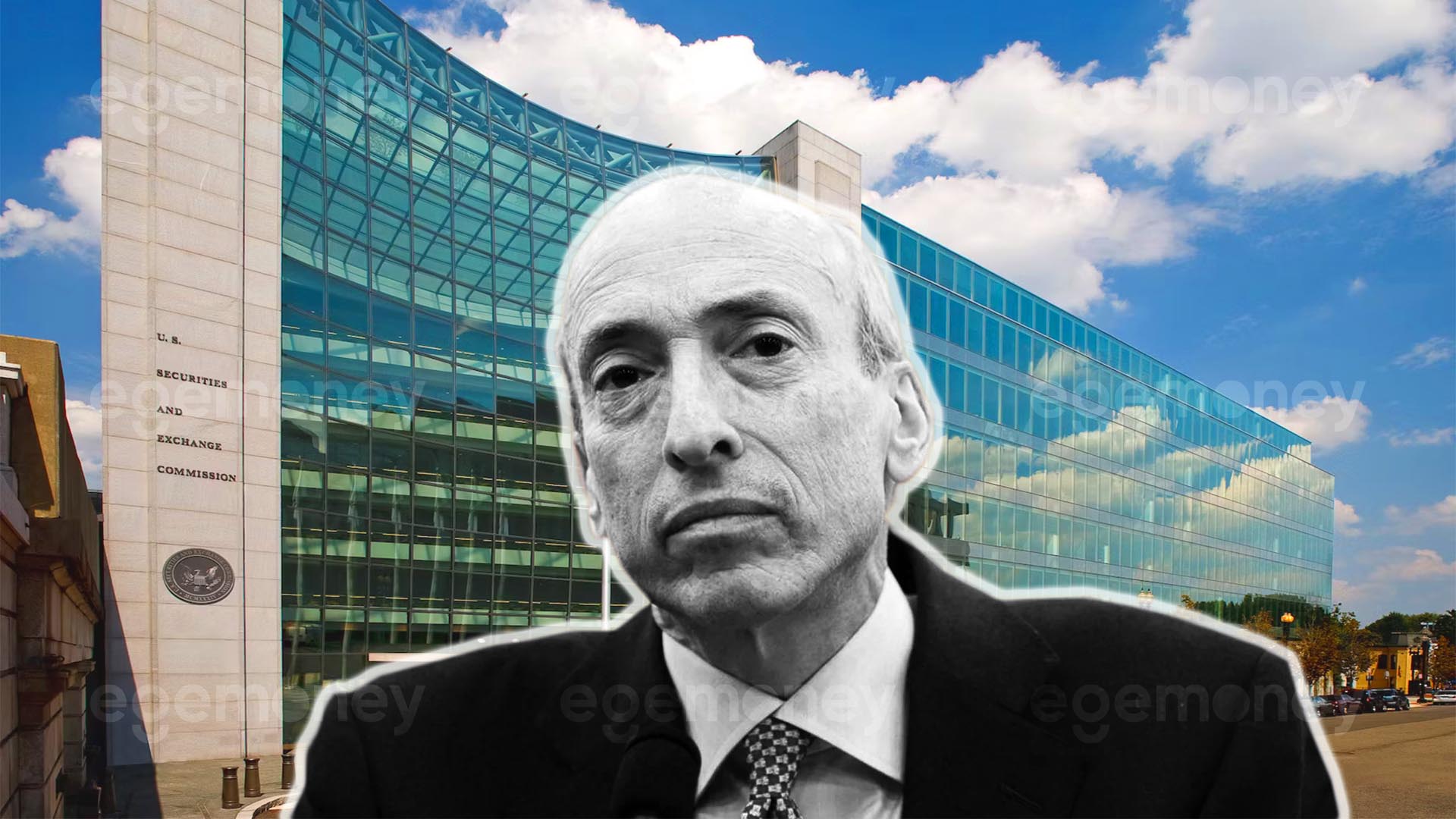SEC Chairman Gary Gensler faces mandatory enforcement if he does not respond to the Congressional Oversight and Accountability Committee’s oversight requests by October 19. Committee Chairman James Comer sent a letter on October 12 accusing the SEC of obstruction.
Chairman Comer threatens to enforce mandatory compliance if the SEC fails to provide all requested documents. Although the letter is not directly related to Bitcoin or other digital assets, it aligns with Gary Gensler’s overall sector view during his term.
Comer states that the SEC has “impeded and continues to impede Congressional oversight” by not providing information about emerging activities since June 5, under the guise of “explaining European social engineering projects and due diligence requirements.” The letter states that the SEC has not produced documents that “truly respond” to the Committee’s questions.
Tensions Increase Between the SEC and Congressional Committee
Chairman Comer directly accuses the SEC of “delaying, misleading, and obstructing access to records requested for the Committee’s oversight purpose.” He argues that this contradicts the SEC’s practices through transparency and disclosure requirements.
In the letter, the SEC tries to justify its decision to withhold information by referencing Section 24 of the Securities Exchange Act, but Chairman Comer says this “rationale conflicts with the law” and explicitly states in Section 24(g) that the SEC “cannot withhold information from Congress.”
Comer’s letter concludes by asking the SEC to provide full responsive documents by October 19, adding, “I expect full cooperation in our investigation.” Otherwise, he warns that the Committee will consider “a mandatory process to ensure compliance.”
This letter marks an escalation in the oversight dispute between the Congressional Committee and the SEC. While the SEC maintains its duty to protect confidential information, Chairman Comer defends the Committee’s constitutional authority to oversee the Executive Branch.
The outcome of this political conflict could set a precedent on the acceptable limits of executive privilege against Congressional investigations, which could be significant for future decisions related to digital assets.







